
Age, sex and genetics are just a few factors that can affect your risk of developing coronary artery disease
Advertisement
Cleveland Clinic is a non-profit academic medical center. Advertising on our site helps support our mission. We do not endorse non-Cleveland Clinic products or services. Policy
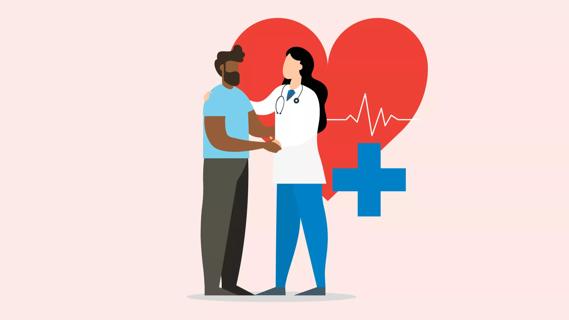
Having underweight, having overweight and having obesity can be dangerous for your heart
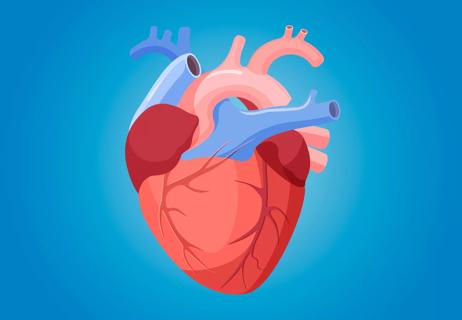
Unlock the secret of your body’s hardest-working organ

Exercise lowers risk for heart conditions, improves mental health and reduces visceral fat that can compromise your organs
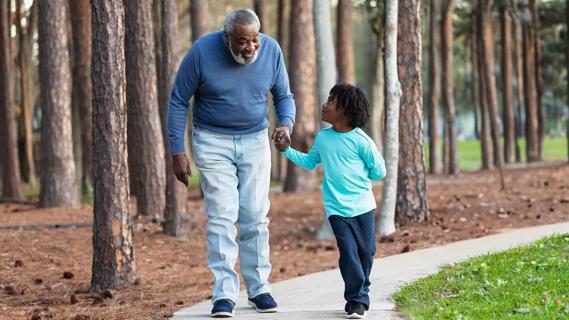
Avoid smoking, eat a good diet and exercise to prevent your heart from aging prematurely

Healthy choices involving food, exercise and more can help reduce your risk

Knowing what you can do to prevent or manage heart disease is half the battle

You don’t have to wait until you have symptoms of heart disease to seek cardiology care
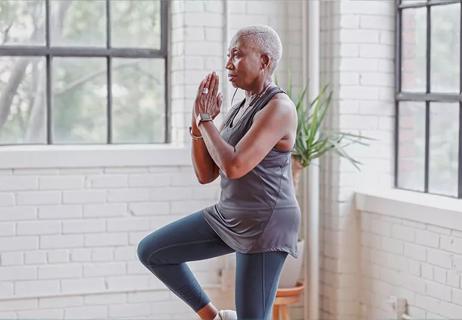
Here’s what to do and how to heal after you’ve had a heart attack
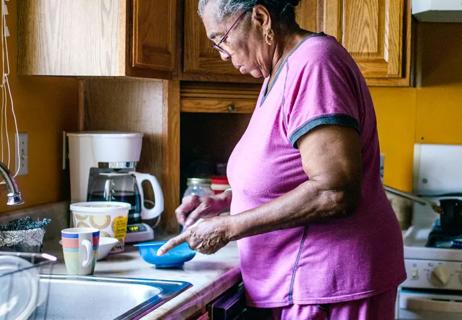
It’s important to remember that not everyone heals at the same rate
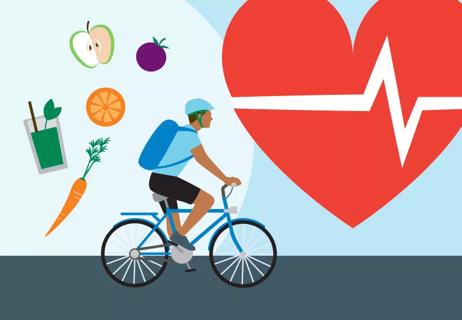
Making healthy lifestyle changes ahead of surgery can help you avoid AFib after

Absolutely! In fact, in many ways, exercise is key to recovery

Recognizing subtle symptoms, like unusual fatigue or fleeting episodes of chest pain, could be key to survival

Common symptoms include chest discomfort, shortness of breath, nausea and profuse sweating

There’s no way to stop a heart attack on your own — call for help immediately
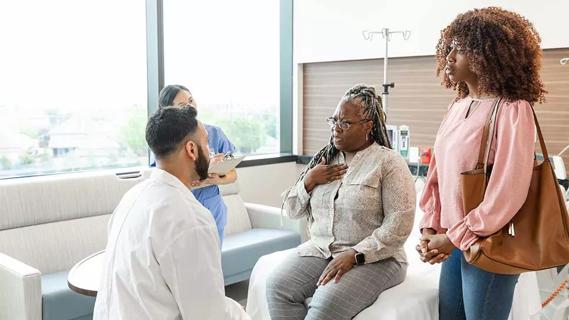
A resting heart rate below 35–40 beats per minute or over 100 beats per minute may be cause for concern
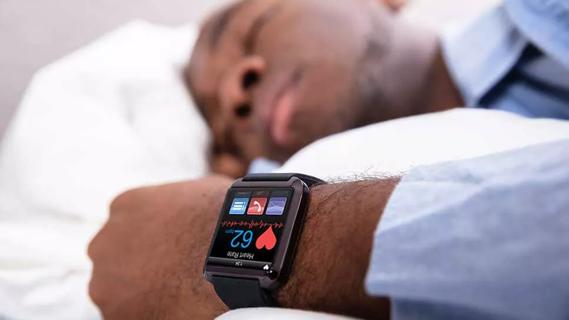
Your heart rate naturally slows down while you sleep, but lower numbers aren’t always concerning

60 to 100 beats per minute is ‘normal,’ but you can still be healthy outside that range
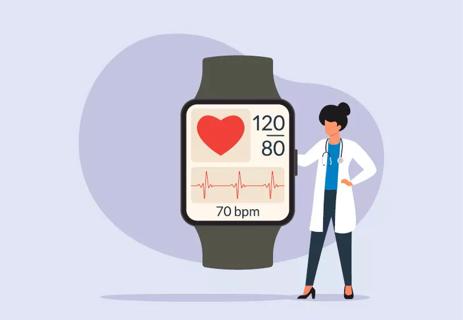
Both are related to your cardiovascular system, and both can impact the other
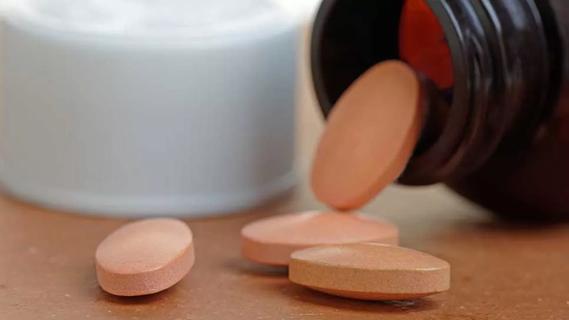
Stopping this critical medication on your own increases the risk of heart attack, stroke and more

In the world of cholesterol, HDL particles are ‘good’ and LDL particles are ‘bad’ for your heart health

Limiting saturated fat, upping your fiber intake and moving around more can help reduce your ‘bad’ cholesterol

Lifestyle adjustments can help you raise your HDL, the ‘good’ cholesterol
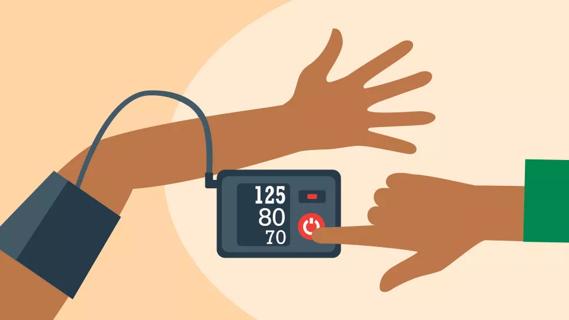
An ideal blood pressure is less than 120 mm Hg systolic and less than 80 mm Hg diastolic
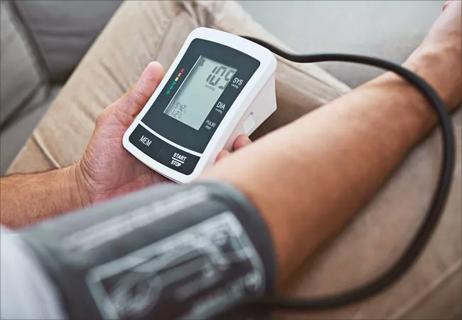
Steer clear of bells and whistles — simple, affordable monitors are all you really need

While not magic elixirs, some drinks like beet juice and skim milk may help keep numbers down

Medication, exercise and diet changes can all help
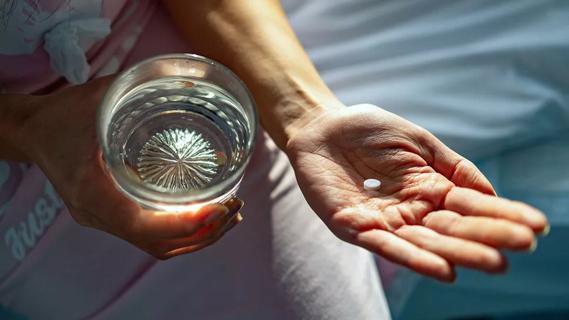
Don’t believe the rumors about aspirin being a magic way to lower BP

Low blood pressure got you feeling down? Staying hydrated and wearing compression socks can help
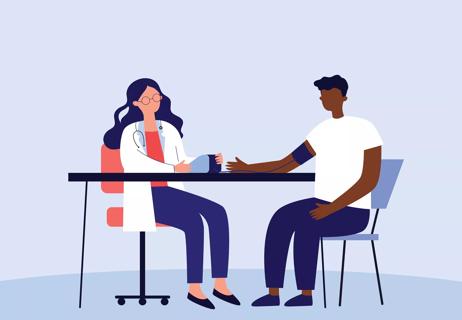
Stay on top of your health by monitoring your blood pressure regularly

Blood pressure naturally dips when we sleep — and that dipping is crucial for a healthy heart
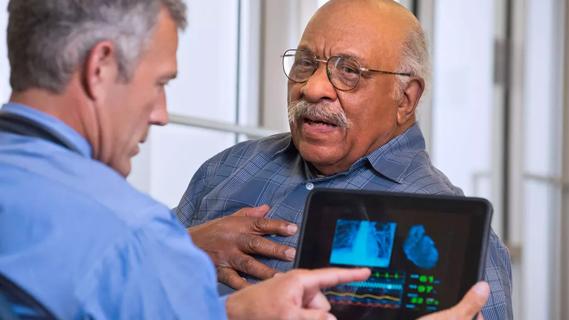
They’re rarely cause for concern, but you should still talk to a healthcare provider about your symptoms

Your natural estrogen levels support a healthy heart by improving your cholesterol, increasing blood flow and reducing free radicals

Don’t ignore chest pressure that lingers and can’t be explained

OTC options are unhelpful at best, while some prescriptions can raise your arrhythmia risk
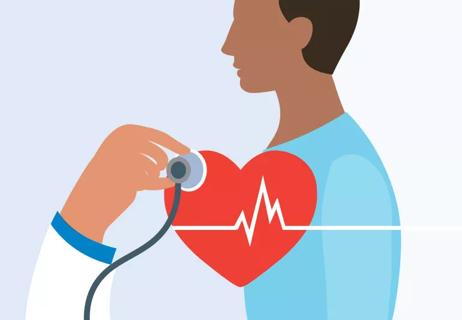
A skipped heartbeat is usually your heart returning to its normal electrical path

To help determine what you’re experiencing, focus on how the pain feels, the location of the pain, when it started and how long it lasts
Advertisement
Cleveland Clinic is a non-profit academic medical center. Advertising on our site helps support our mission. We do not endorse non-Cleveland Clinic products or services. Policy
Advertisement